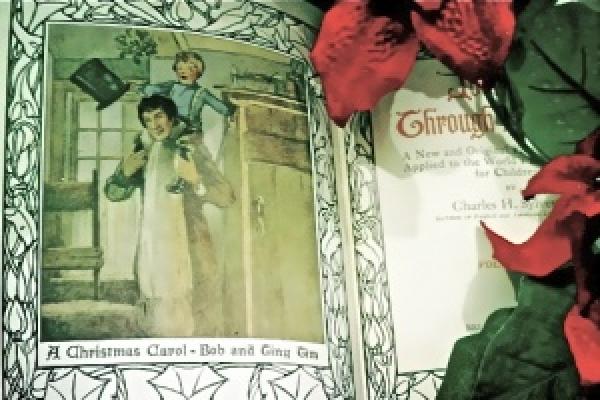“Marley was dead, to begin with.”
So begins the classic tale of A Christmas Carol by Charles Dickens. It is a story that has been told and re-told through various mediums since the novella was published December 19, 1843.
I sat down recently to watch the new Disney version of the tale. It features a CGI rendition of Scrooge with the voice of Jim Carrey.
After 15 minutes I shut it off.
It wasn’t that it was particularly bad. I didn’t give the movie enough of a chance even to figure whether it was worth watching. What I realized is that I wasn’t much interested in hearing the same story again from a secular perspective.
A Christmas Carol, I would argue, is not ultimately about Christmas, but conversion.
Christmas is the stage and the catalyst through which transformation occurs. It is a leading character to be sure. But, it is the radical change that occurs in Ebenezer Scrooge that most compels me.
Read the Full Article

